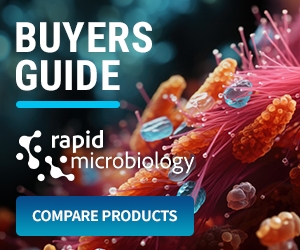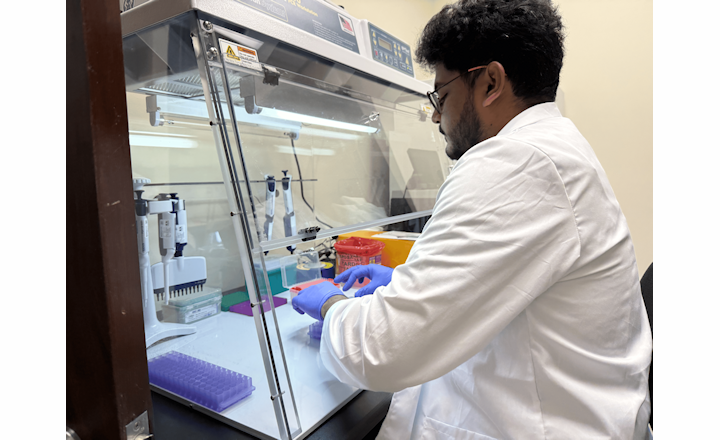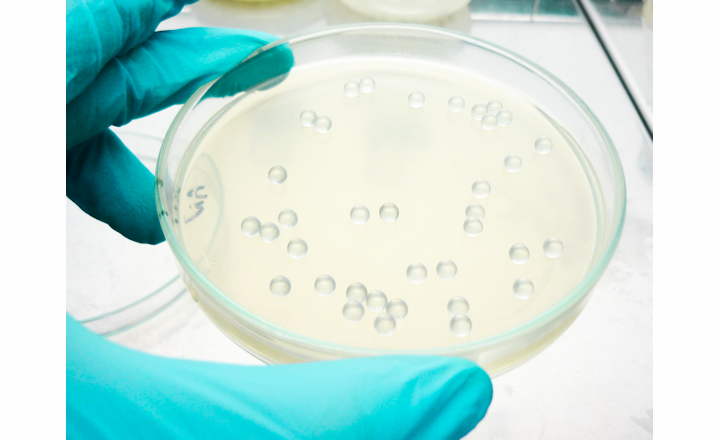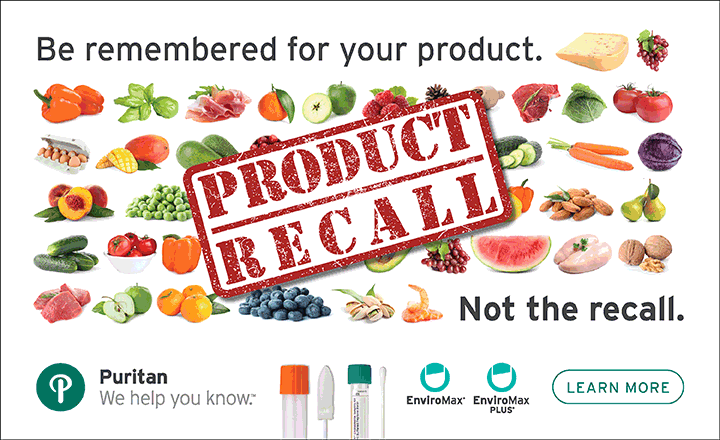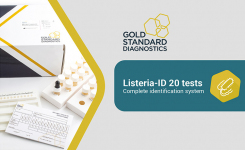It's a distressing sight at the end of a day in the lab: used pipette tips, disposable gloves, and plastic microplates are piling up in the garbage can. For safety reasons, this plastic waste is usually disposed of by incineration due to residues of organic material and reagents, thus driving climate change. Until now, laboratory materials have mostly been made from fossil fuel-based plastic polystyrene. Laboratories without disposable plastic are hard to imagine - after all, high purity standards apply for good reasons. However, with the first plant-based 96-well plate, Green Elephant Biotech now offers laboratory staff a product that enables them to conduct research, diagnosis, and analysis more sustainably, without compromising quality.
To do so, the company based in Giessen and Berlin uses polylactic acid (PLA), a plastic derived from corn starch. Hence, no extra carbon dioxide is emitted from petroleum-based plastic during disposal; instead, only the amount of CO2 initially absorbed by the corn plants from the atmosphere is released. Furthermore, the production of PLA is less energy-intensive than that of polystyrene. Over the entire life cycle, PLA microplates have a 50% lower carbon footprint than their fossil-based counterparts. PLA is well suited for use in the laboratory as it is biocompatible, i.e. not harmful to living cells.
Green Elephant is the first company to produce disposable laboratory materials from PLA using injection molding. "One challenge was that the plates must be highly transparent for optical applications. Tests show that our plates are competitive in this respect," explains Dr. Joel Eichmann, Co-Founder and Managing Director.
Co-Founder and Managing Director Felix Wollenhaupt explains the choice of the first PLA standard product "96-titer plates are a standard disposable product used in almost every laboratory and are suitable for a wide range of tests. We can now offer many laboratories a more sustainable alternative for daily use,".
Green Elephant is initially offering the 96-well plate in a transparent, unsterilized version with a flat bottom. Further variants are to follow.
Learn more here or use the "Request Information" button to contact Green Elephant for more details.





